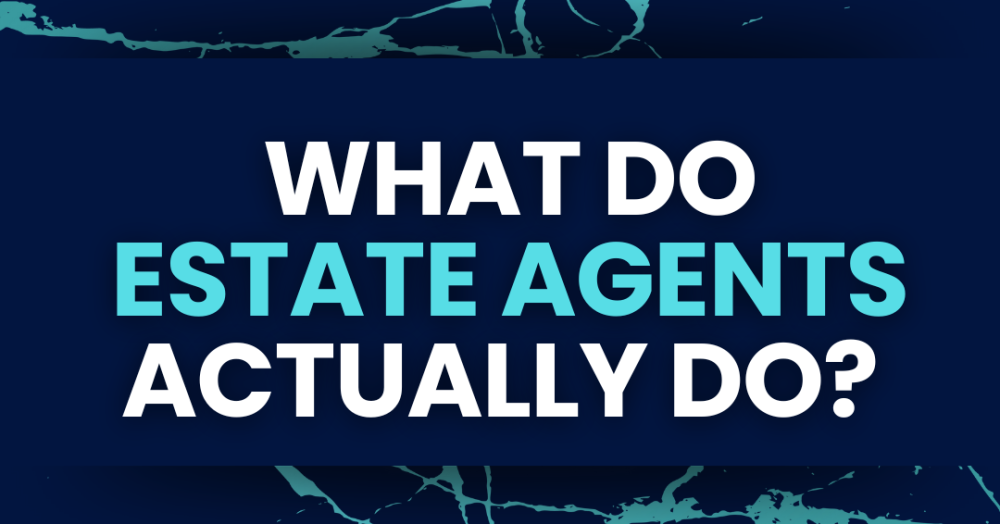When people think of estate agents, they often picture property viewings and "For Sale" signs. But the role of an estate agent in the UK is far more complex and multifaceted than most realise. From property valuations to final contracts, estate agents are the essential bridge between buyers and sellers.
1. Accurate Property Valuation
One of the first and most important tasks an estate agent performs is valuing the property. This isn’t just a rough guess based on local averages. Experienced agents consider market conditions, local demand, recent comparable sales, and unique features of the property. The right valuation is crucial—set the price too high, and it could sit on the market; too low, and the seller could lose out financially.
2. Marketing the Property
Once the price is agreed, marketing begins. Estate agents use a combination of professional photography, floor plans, and compelling descriptions to present the property in its best light. They advertise the property across multiple platforms:
- Online portals like Rightmove, Zoopla, and OnTheMarket
- Estate agency websites and social media channels
- Physical marketing, such as window displays and brochures
- Great marketing ensures the property reaches as many potential buyers as possible.
3. Managing Viewings and Feedback
Estate agents coordinate and conduct viewings, showcasing the home to interested parties. They highlight its best features, answer questions, and gauge buyer interest. After each viewing, they gather feedback, helping sellers understand how their property is being perceived and what might need adjusting.
4. Negotiating Offers
When offers come in, estate agents play a critical role in negotiating the best possible price and terms for their client. They assess the buyer's financial position, chain status, and seriousness to advise the seller accordingly. Skilled negotiation can add thousands to a sale price and smooth out potentially tricky elements like completion dates and contingencies.
5. Progressing the Sale
Perhaps the most underrated part of an estate agent’s job is sales progression. Once an offer is accepted, they liaise with solicitors, surveyors, mortgage brokers, and other agents in the chain. Their goal is to keep everything moving and resolve issues before they become major problems.
This involves:
- Chasing up documentation
- Ensuring the buyer's mortgage is progressing
- Addressing survey issues or legal concerns
- Keeping all parties updated and aligned
6. Local Market Knowledge and Advice
A good estate agent brings local expertise to the table. They understand neighbourhood trends, school catchments, transport links, and amenities that might affect a property's value and appeal. They also provide strategic advice on when to sell and how to improve a property's marketability.
7. Legal and Regulatory Compliance
Estate agents must also ensure compliance with UK property laws. They conduct Anti-Money Laundering (AML) checks, verify the identity of all parties, and provide accurate material information under the Consumer Protection Regulations. They also help guide sellers on Energy Performance Certificate (EPC) requirements and disclosure obligations.
Final Thoughts
The role of an estate agent goes far beyond simply putting a property on the market. They are part marketer, negotiator, project manager, and local expert—all rolled into one. Behind every "Sold" sign is a complex and carefully managed process that relies heavily on the skills and experience of a dedicated estate agent.
So, the next time you walk past a local estate agency, remember: there’s a lot more going on behind the scenes than meets the eye. Whether you're buying or selling, a good estate agent is your most valuable partner in making the move a success. So, get an award winning estate agent on your side by giving us a call on the number below.
0121 681 6327
